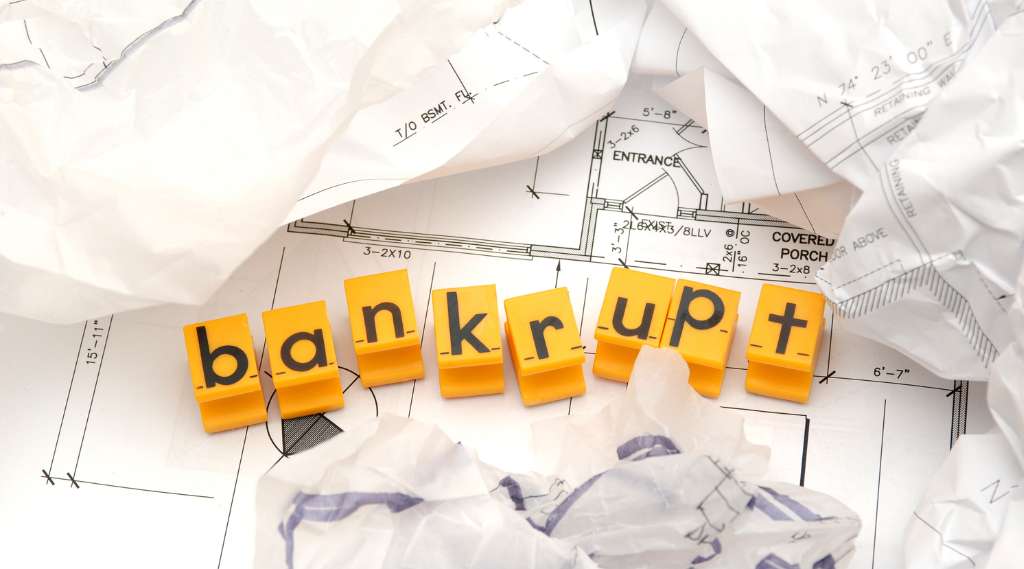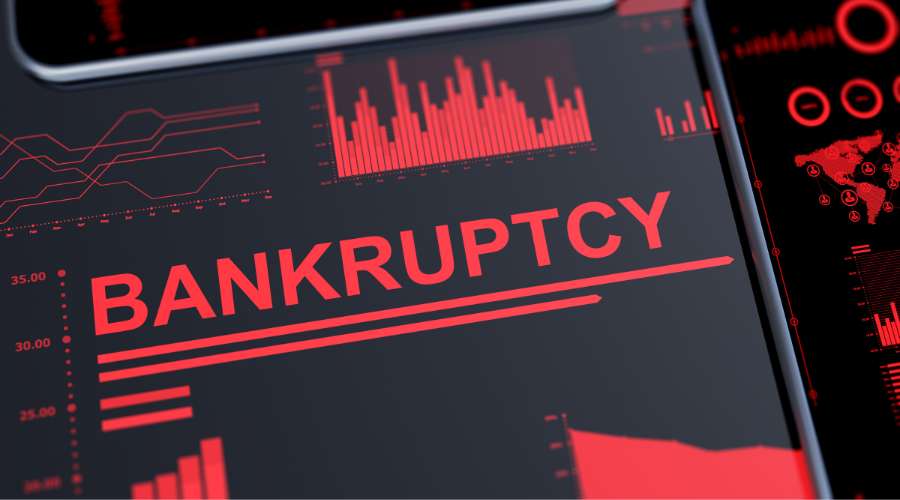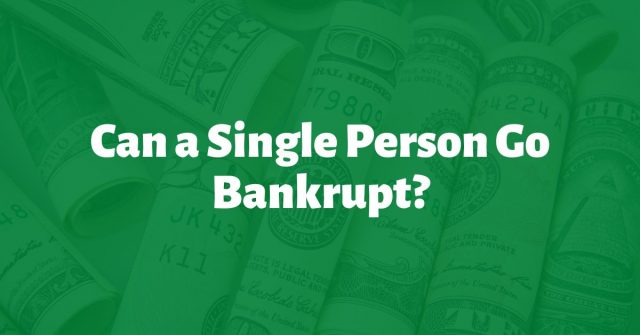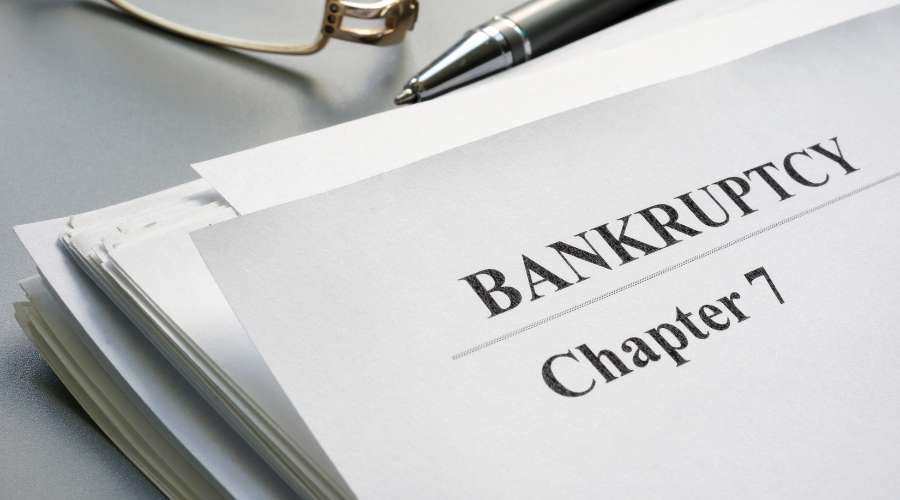Bankruptcy does not discriminate. Throughout history, human beings have generally experienced bankruptcy spearheaded by factors such as Net income ratio, equity on total assets, and diversification of income, among others, but on an individual level, the most known factors that lead to bankruptcy in the modern era are;
- Poor financial management
- Divorce
- Job loss and reduced income
- Emergencies and catastrophes
- Medical bills
The above ingredients play a requisite role in bankruptcy, but it’s important to understand how they affect single people compared to how they impact married couples.
Key Takeaways
Education and mortgage loans are necessary, but it is important to recompense your loan swiftly.
Increasing your income with time is very important; this will influence your growth and prepare you to handle inflation and job loss.
Having a clear understanding of how bankruptcy policies work is very important.

How Single Graduates Get Bankrupt
Most young graduates are single, with the desire and passion for improving their living standards. These factors influence young graduates to make bad financial decisions leading to bankruptcy. Factors such as credit cards have prompted young graduates to have uncontrollable spending. Since credit cards are regarded as a spending stimulus, more young people spend more than they earn.
Flexible bank policies are a bait that has attracted young graduates due to the extreme competition in the banking sector. Banks that issue credit cards offer benefits and attractive incentives that beguile most young graduates to register for credit cards.
Poor financial planning severely impacts single people compared to married couples. Research has shown that more than 25% of single graduates have admitted to accessing loans to cater for dates. Most single graduates disregard their financial situation and need a clear financial plan, apart from getting a job and holding on to it until retirement.
Attitude towards money will greatly influence your financial situation. Single graduates love to own things, no matter the price tag. Most single graduates need help understanding the importance of spending within their income. They overlook things like having an emergency plan and tend to have a nonchalant attitude, thinking they can do anything with their finances.
How Gender Influences Bankruptcy among Single People
It is said that women are mistresses of their own destiny. Still, women have been underpaid for a very long time and considering that most single women have serious family commitments, this situation is even more difficult. Also, it seems unfair for women to work second jobs because it’s physically exhausting and deprives them of time to look after their children – considering that children are a vital part of society and they need dedicated people to nurture them.
Single working women acquire car loans to ease accessibility and make life easier on their part. Car loan interest tends to be higher, notwithstanding those women need to be paid more. Combined with other factors, these are the perfect ingredients for bankruptcy.
According to research conducted by Interrupted Time Series Analysis (ITSA), single men between the ages of 40-44 are more likely to go bankrupt. ITSA research shows that men generally do not prefer asking for help or advice; they perceive it as a weakness. ITSA report also shows that men are bigger risk-takers compared to women.
Single men also spend big on dates, trying to impress women with vivid first-time impressions. Single men engage in risky activities like high stake gambling, illegal business deals, money laundering, cryptocurrencies, the adult industry, the cannabis paraphernalia industry, and import companies that attract high transaction volume.

How Widows and Widowers Go Bankrupt
Recently, we have seen baby boomer widows and widowers filing for bankruptcy for obvious reasons like medical bills and reduced income. Their retirement benefits can no longer keep up with inflation and increasing interest rates. More than 40% of baby boomer women leave their retirement planning to their husbands; they also lack proper financial preparedness and never care much about insurance and asset management.
Widowers, on the other hand, mind very little about wills and retirement planning. Baby boomers have a reputation for believing that everything will be okay. Research has shown that baby boomers’ financial situation is frightening and worsening with time.
Conclusion
It is extremely important to have adequate knowledge about your finances. Bankruptcy should not be considered a failure but an opportunity to start afresh. Bankruptcy can affect both single and married couples. But it tends to be severe among single people since most are never prepared to handle financial uncertainties. Single people have careless financial decisions due to the perception that they have minimal expenditure.






